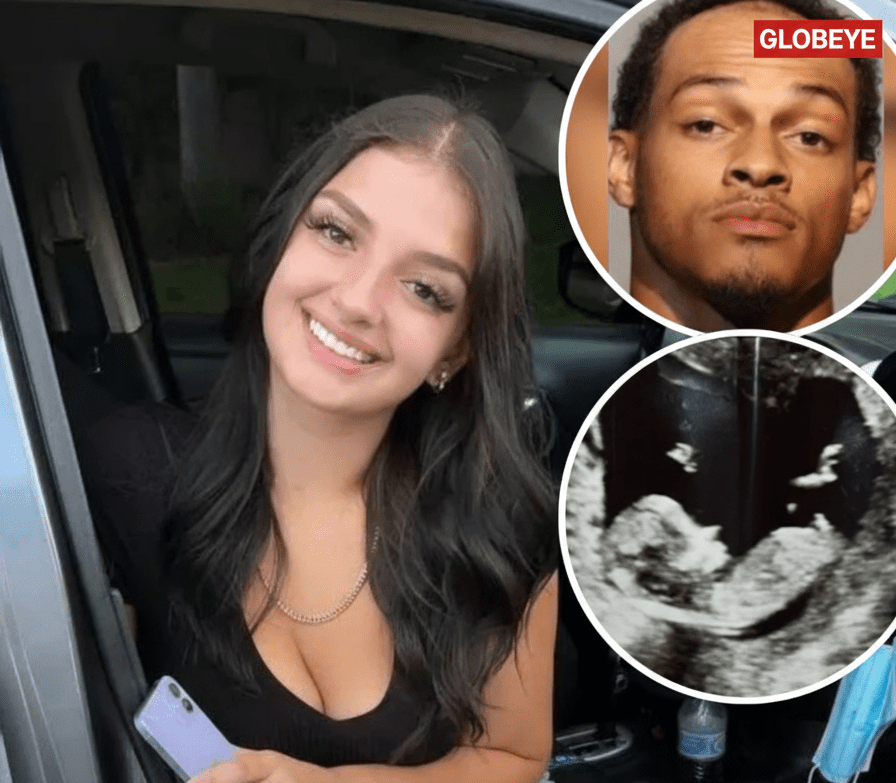A psychotic Florida man murdered his pregnant 18-year-old girlfriend and their unborn child after she refused to have an abortion — now he’s on death row
The courtroom in Sanford, Florida fell silent as the jury delivered its guilty verdict in a case that has shocked the nation. The defendant, 23-year-old Donovan Faison, had been charged with first-degree murder, the killing of an unborn child and burglary following the brutal execution-style slaying of his 18-year-old girlfriend, Kaylin Fiengo, and her unborn baby. Fiengo’s body was discovered in November 2022 in the driver’s seat of her car at Coastline Park, an ultrasound image of the unborn child found nearby. The prosecution laid bare a trail of ominous text-messages, beginning when Fiengo revealed she was pregnant and Faison replied simply “Abortion!!!”

Investigators pieced together the timeline: after twice testing positive for pregnancy, Fiengo informed Faison by sending the test results. He was living with another woman who suspected cheating, and the burden of exposure apparently triggered a violent response. Three months later, Faison lured Fiengo to the park under false pretenses and fatally shot her in the head while she sat in her running car. Law enforcement found bullet casings at the scene and tied the texts Faison sent—one reading “On my brother’s grave, I’m gonna crop her out”—directly to the murder.
Faison’s trial exposed not only the murder of an innocent young woman and her unborn child, but a chilling demand for an abortion that ended in death. It’s rare for the unborn child homicide charge to align so clearly with abortion coercion, yet the case has been described as a disturbing example of how abortion refusal and violence can intersect. The jury found him guilty on all counts and overwhelmingly voted 11-1 to recommend the death penalty during sentencing, which is scheduled for December 5, 2025.

For Fiengo’s family, the pain remains raw. The young woman, who also had a toddler, was looking forward to a future that now will never come. Prosecutors painted her death as cold, calculated and meticulously planned—a premeditated act rooted in fear and control. Faison, they argued, prioritized his own secrecy over human life.
National attention has turned to the legal and moral implications. What makes this case unique is the link between coercive abortion demands and fatal violence. Legal scholars say the fetus-homicide statute was originally crafted for accidents or assaults, not for cases where a pregnancy itself triggers the violence. This case is forcing a new conversation about when abortion coercion escalates to murder.

While the victims were Christian and the defendant identified as atheist in court filings, religious-freedom groups have seized the case as a symbol of unborn life being discarded. Activists say Fiengo’s story adds momentum to movements focused on the unborn, especially when refusal of abortion is at the center. At the same time, homicide-prevention advocates point out that abortion violence often goes under-reported and say the case could serve as a catalyst for broader change.
No matter the future legal debates, the human cost remains clear. An 18-year-old hopeful mother is gone. Her unborn child never took a breath. A 23-year-old man will face the severest penalty the justice system allows. For many, the message is chilling: when a pregnancy becomes a threat rather than a blessing, violence can wait in the wings.



